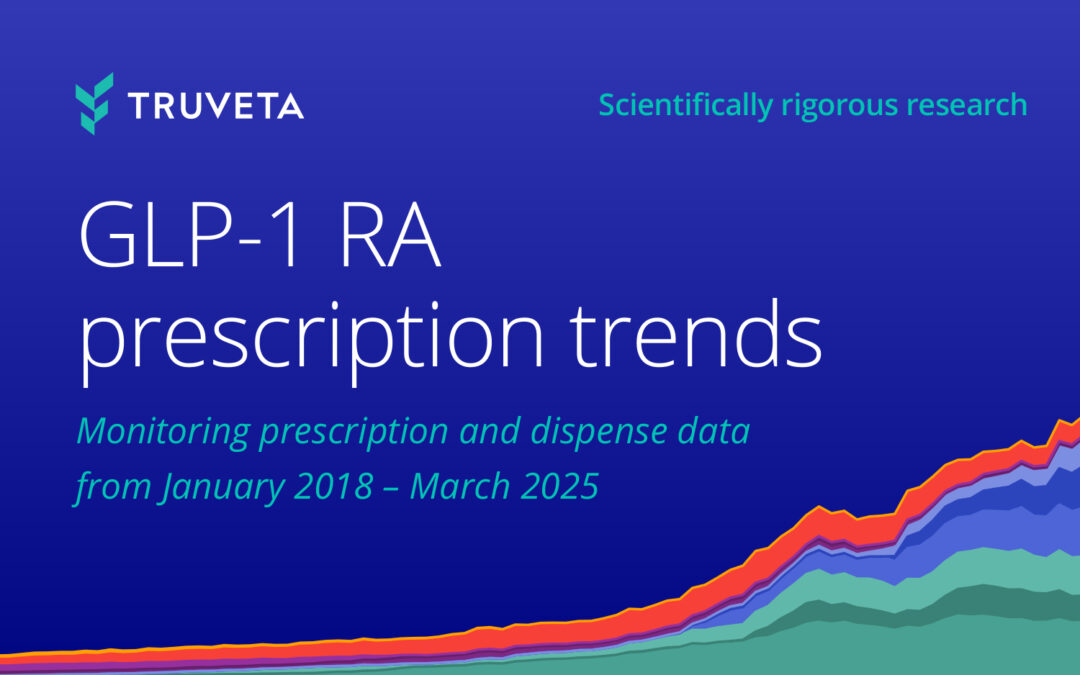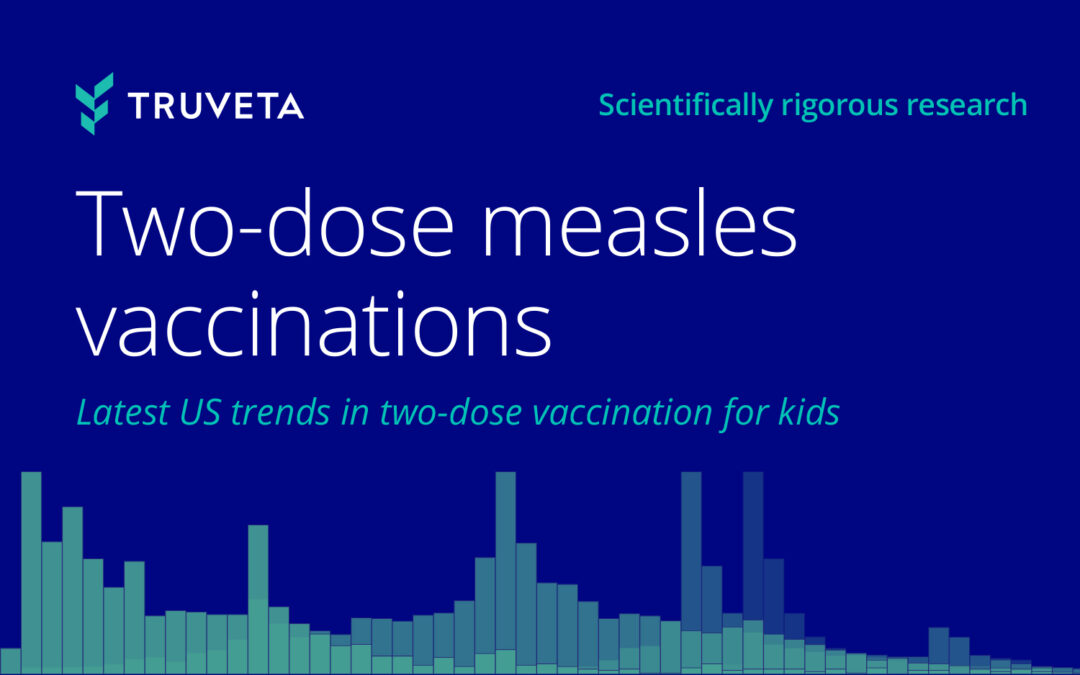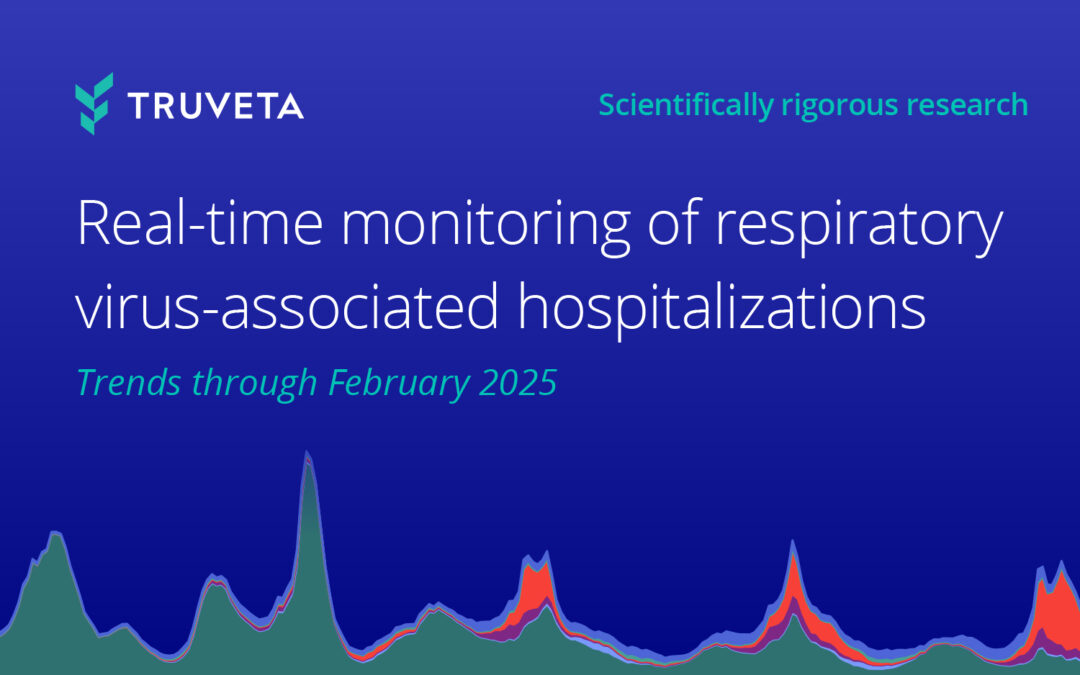- Prior to the new Medicare guidelines going into effect, Truveta Research and Zeke Emanuel, MD, PhD from the University of Pennsylvania, explored the first-time prescribing and dispensing of anti-obesity GLP-1 RA medications for US adults aged 60 to 69 with obesity or overweight who don’t have type 2 diabetes. The study explored differences between access in Medicare-aged patients (65-69 years of age) and patients nearing Medicare age (60-64 years of age).
- The study found that fewer than 1% of eligible older adults were prescribed an anti-obesity GLP-1 RA medication (0.2% of Medicare-aged patients and 0.4% of patients aged 60-64).
- The use of first-time GLP-1 RA medications was significantly lower for Medicare-aged adults, compared to 60-64-year-olds, with differences occurring in both medication prescribing and dispensing.
While obesity is common among older adults in the United States, Medicare is prohibited from covering medications exclusively used for weight management making access to medications to treat obesity challenging.
Just last week, the Centers for Medicare and Medicaid Services issued new guidelines to Medicare Part D plans enabling coverage of anti-obesity medications in some cases. While use exclusively for weight management will still not be covered, anti-obesity medications that have FDA approval for an additional medically accepted indication, such as reducing the risk of major cardiovascular events, can be covered when used to treat that condition.
Prior to the guidelines going into effect, Truveta Research and Zeke Emanuel, MD, PhD from the University of Pennsylvania, explored the first-time prescribing and dispensing of GLP-1 RA anti-obesity medications for US older adults aged 60 to 69 with obesity or overweight who don’t have type 2 diabetes. Patients were grouped into two age groups, aligned with Medicare eligibility – age 65-69 (Medicare-aged adults) and age 60-64.
Below is a summary of the findings, and the full study is available on MedRxiv.
Results
Using de-identified electronic health record data from Truveta, the study included 413,833 older adults with obesity or overweight, with 208,067 (50.3%) Medicare-aged adults and 205,766 (49.7%) adults aged 60-64. Among eligible patients, 54% were female, 81% were white, and 34.6% had BMI >35 (class 2 or 3 obesity).
The study found that fewer than 1% of eligible older adults were prescribed an anti-obesity GLP-1 RA medication (0.2% of Medicare-aged patients and 0.4% of patients aged 60-64). Among those prescribed, a fraction of them were dispensed their medication at a pharmacy within 60 days (15.2% of Medicare-aged patients and 22.7% of patients aged 60-64).
In both age groups, prescribing and dispensing were more common for females and those with higher BMI.









